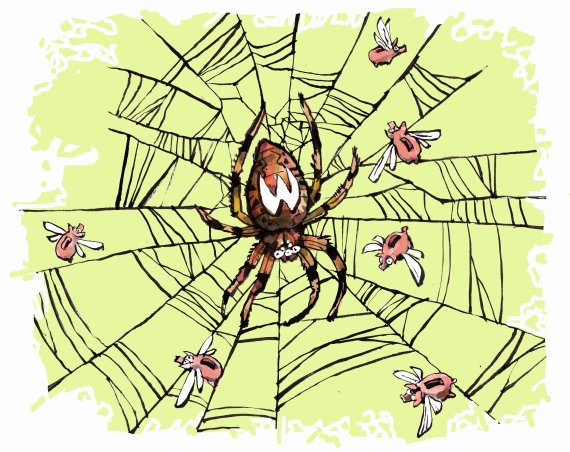illustration Henk van Ruitenbeek
Monice van Dongen,
Manager business development at Wageningen Livestock Research
‘It is important that we have a better sense of our clients’ priorities. To do that we need to really enquire into their priorities and the challenges they face, what they consider the most relevant features of a solution, and why. Researchers tend to think from the outset in terms of solutions based on their expertise. It is better to find out what the client has in mind, especially when it comes to abstract concepts such as “sustainability” and “circular”. Secondly, we need to learn to understand how the client makes decisions. That can be learned on a sales training course, which is simply a good communication training course. Many staff don’t do any acquisition because they are too busy with research. Often that is a choice: research seems more appealing than acquisition. We’ve got to make acquisition nicer, so that it’s enjoyable to get to know new clients and their R&D needs, and to add value in that area.’
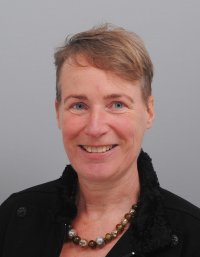
Tanja de Koeijer, Researcher at Wageningen Economic Research
‘I work on two themes: the effects of the manure policy on farms and the manure market. For the first theme there is a four-year programme with annual EU reporting. This continuity enables you to invest in expertise that is important for central government and the provinces, so you generate new assignments. For the other theme the long-term funding has stopped, so the research is becoming piecemeal and you have to do a lot of ad hoc assignments and rushed jobs. It is either all go, or there’s nothing to do. We are trying to do something about that by bringing people together from different Sciences Groups. Everyone has partial solutions; together we can offer integral solutions. That collaboration is time-consuming but we hope in due course it will help us to get bigger long-term research assignments.’
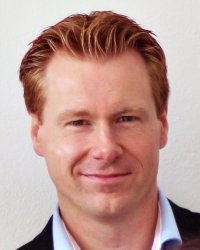
Derk Rademaker, Team leader Water&Food and Climate Change at Wageningen Environmental Research
‘Firstly we need to get better at applying our expertise to address the needs of new clients. For example: the climate researchers are now working on risk assessment tools for insurers, banks and food producers. They seek to give as full a picture as possible of the risks of climate change, so their clients can make policy decisions. We could get a lot more out of new markets. And secondly, we need to make much better use of each other’s networks. A lot of researchers respond to tenders and calls, but do not actively look up potential clients. They should use each other’s networks more often, pay visits, listen, and see whether they can package their expertise in a good product or sound advice for a new client. We’ve got to find new avenues; the beaten tracks are dead ends. Another example is charities with social objectives. Biodiversity, ecosystems and climate change are the issues that are attracting the most funding. We could play much more of a role there too.’
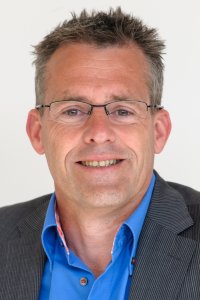
Ernst van den Ende, Director of the Plant Sciences Group and chair of the working group on the Future of Wageningen Research
‘The main thing is to get better at making the outside world our starting point, rather than ourselves. Listening to clients better so as to be able to serve them optimally.
For that you often need several disciplines. Imagine I’m a client who wants to improve his grass. What is that grass for? If it’s for cows, the Animal Sciences Group should be on board. We think it’s enough to have experts who know all about grass, but often that is not enough. We shouldn’t be talking about demand-driven research, but about problem-oriented research. Someone has a problem and you’ve got to figure out what research question underlies it. Then you’ll know right away which research disciplines are relevant and who you should collaborate with. To come across those problems and questions, you’ve got to interact with the outside world continuously.’

Arnold van Vliet, Biologist at the Environmental System Analysis chair group
‘I do a lot with citizen science: research projects with input from volunteers. I think citizen science should be part of Wageningen Research’s recipe for success. It enables you to get a feel for what is going on in society. You link people up with your organization and that can produce interesting contacts, cooperation, data and assignments. Communication is crucial for recruiting, inspiring and keeping volunteers. If you communicate with the outside world, people start contributing to the thinking process. There are still lots of ways staff of Wageningen Research could raise their profile. Fifty five percent of them haven’t published anything on the WUR website for the past two years. That way you become hard to find on Google. Do you want clients to find you in this fragmented society? Then you’ve got to be communicating all the time. We often get into the news with our news website naturetoday.com. But if I give a talk to birdwatchers, 60 percent of them haven’t heard of us. That motivates me to keep working away at upscaling our communication.’
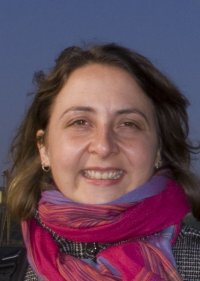
Josien Steenbergen, Researcher at Wageningen Marine Research in IJmuiden
‘We should pay more attention to our existing clients, give clients more chance to give feedback, and visit them more often, so as to know what the issues are for them. Get on the same page as your client, and come up with smart proposals by, for instance, sub-contracting other parties to do some of the work, thus saving the client money. Currently acquisition too often leads to heavy work pressure. You are either run off your feet or at a standstill. One year there’s so much work we have no time for acquisition and don’t know who can do the extra work. And then the next year we haven’t got enough work because we haven’t done enough acquisition. We are not on top of things and we’ve got to change that. You can do that if you are well-organized internally, with the management team responsible for planning the work and hiring staff. Get your staff enjoying acquisition again.’

